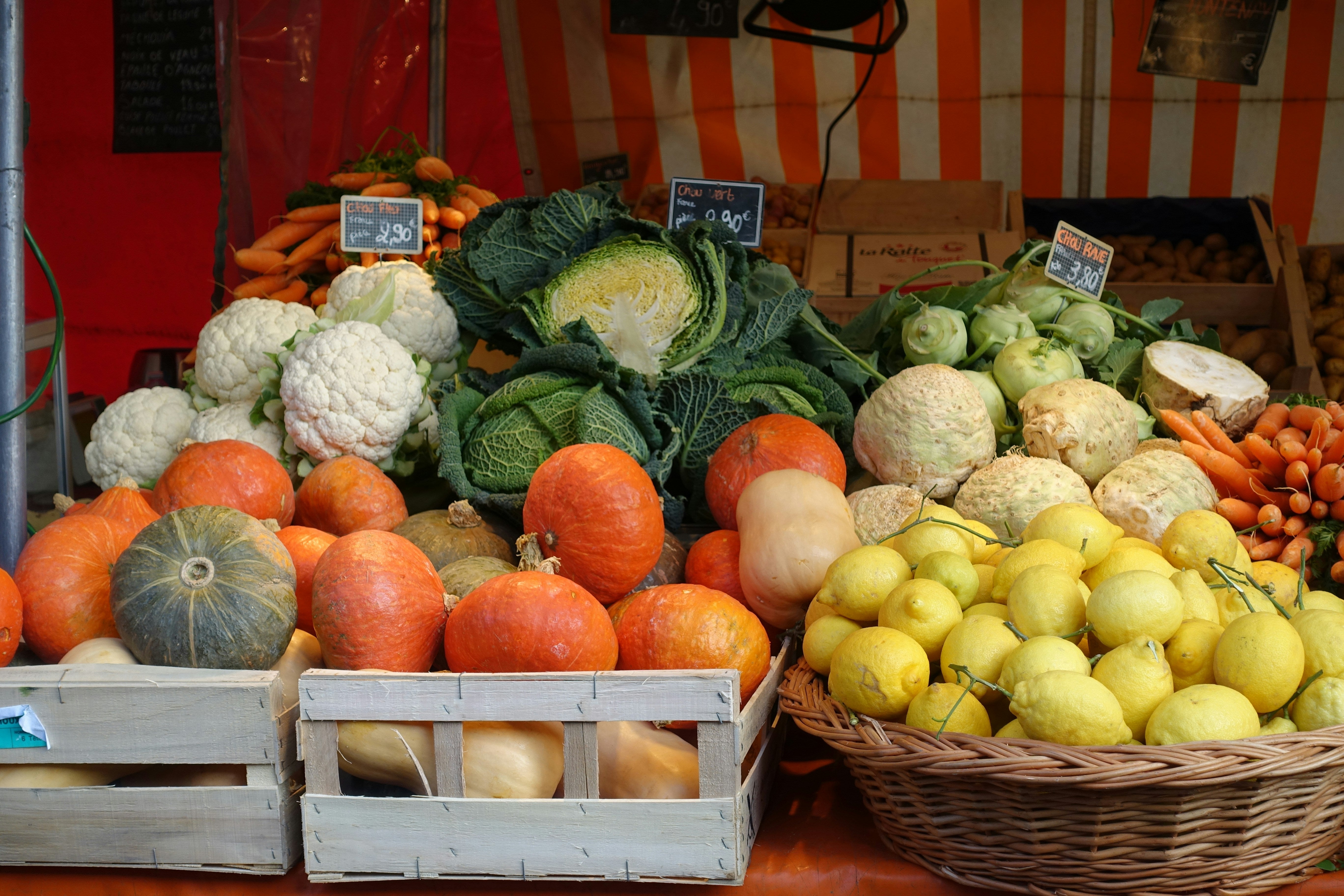Women's Health in March: Nutrition for Pregnant and Nursing Mothers
So much to do... so little time!
 So you and your partner are expecting your first baby and life is becoming frantic with the thought of the new addition. So much to do...so little time! With all the excitement, exhaustion and long lists of to-dos, many expectant and nursing moms wonder how they will ever manage to work in all the extra meals, calories and nutrients recommended by the experts.
So you and your partner are expecting your first baby and life is becoming frantic with the thought of the new addition. So much to do...so little time! With all the excitement, exhaustion and long lists of to-dos, many expectant and nursing moms wonder how they will ever manage to work in all the extra meals, calories and nutrients recommended by the experts.
Indulge in power foods
Giving preference to nutrition-packed power foods is one way to help reach your daily quota. However, be careful here. There is also a long list of "power foods" and many opinions about what the right "quota" is. Indeed, it seems that it will require some basic understanding of nutritional principles around the birth of your child as well as some common sense.
To begin with the latter, let me point out that women were carrying healthy babies to term without much medical assistance until the last century. And while it is true that they did encounter problems, the fact remains that pregnancy and early childhood development is a very natural process and most mothers instinctively "know" what they need to do.
Unfortunately, unlike the "cleaner times" of the past, the world is currently filled with processed food and pollution. And, because of what we have learned from a scientific perspective, there is a rather sophisticated understanding of what both the growing fetus and mother require during this period. Many think it makes the most sense to combine these two things in your approach.
Getting back to basics is important. In this regard, remember to emphasize the value of whole fresh food, particularly vegetables and fruits. Foods with less additives and that are less processed are better choices. It is also important to eat regularly and to avoid over-eating or binging. Dark green leafy vegetables and "superfoods" such as spirulina, chlorella, and chia seeds pack a powerful punch and are rich in nutrients, particularly vitamins and vegetable sources of protein.
Supplements and vitamins
There are also supplements you should add to your diet. The most important would be the B vitamins, specifically folic acid at a dose of 400-800 micrograms (mcg) daily. Vitamin D is another important supplement and the best way to get this vitamin is to spend at least 30 minutes a day in the first sunlight (if you live in northern latitudes, e.g. north of the center line of the country, a supplement is highly recommended in the winter).
A lot of people recommend Omega-3 fatty acid supplements, either in the form of fish oil or other plant based oils. Similarly, eating fresh fish, namely wild salmon, sardines, herring, mackerel, and trout that contain high concentrations of these important fats would be useful.
Remember to relax
One of the most important factors to assure the health of you and your child is to deal with some of the anxiety that is natural during this period. This may be why so many women seek out the support of others. Since many of the issues that you will face are not predictable, being a part of a community is a good plan.
 On your own, it is important to realize getting enough rest is critical. This should be balanced with regular physical activity, including walking, gardening, dancing, yoga, etc....And finally, journaling (actually writing down your thoughts) and practicing mindfulness can help you release some of the tension that builds up during this period. You may even want to book a prenatal massage (available at O2 Living headquarters and holistic spa in Cross River, NY)!
On your own, it is important to realize getting enough rest is critical. This should be balanced with regular physical activity, including walking, gardening, dancing, yoga, etc....And finally, journaling (actually writing down your thoughts) and practicing mindfulness can help you release some of the tension that builds up during this period. You may even want to book a prenatal massage (available at O2 Living headquarters and holistic spa in Cross River, NY)!
In the end, you should trust that your intuition and common sense will guide you. Mostly, you might just need to restore some self confidence so you don't have to filter from one set of recommendations to another. The more you can relax and enjoy the experience, the happier and healthier you and your baby will be!


